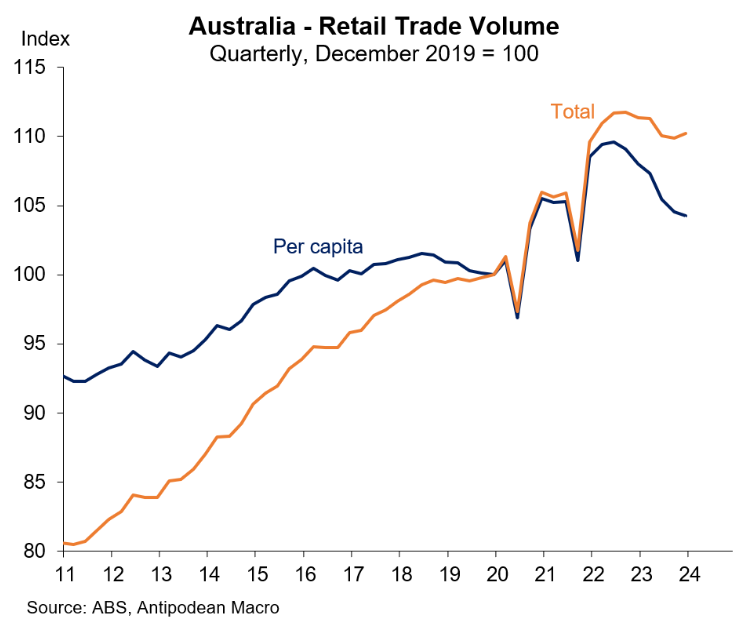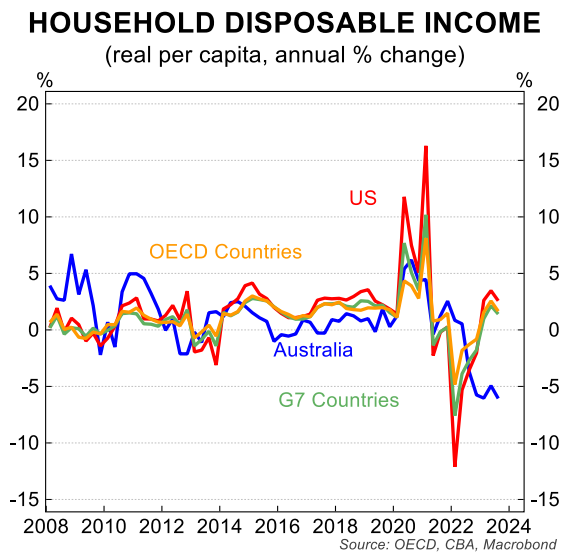Rand Low, an Associate Professor of Quantitative Finance at Bond University, has called on Australians to slash spending on discretionary items to plunge the economy into recession and kill inflation.
He is urging Australians to cut spending on “Netflix, flat-whites, movies and eating out” to trigger a “DIY recession”.
“It’s true that if we eat out less, buy less ‘stuff’ it will impact the economy and drive it into a recession”, Low said.
“But what we are looking for is that it may be necessary to have a slight recession for maybe a year or so, rather than a ‘deep’ recession that may last several years”.
Low stated that non-discretionary spending and inflation are expected to rise as the cost of subsistence products (such as petrol, food, energy, and shelter) rises.
“This is due to the on-going wars in the Middle East and in Europe,” he said. “It affects our supply chains, our cost of petrol, etc.”
“Focus on your needs, and not your wants. And have wisdom to discern the difference. Netflix, flat-whites, movies and eating out are not physical needs; however, many people might feel they are part of their emotional and mental needs”, he said.
“We can’t avoid expenses like shelter, utilities, food, etc but we most probably can delay purchases of some electronics and eating out”.
Low said that cutting discretionary spending would drive the nation into a short, sharp recession but would avoid a drawn-out downturn spurred by “stagflation”.
The reality is that Australians have already cut back hard on discretionary spending.
Real per capita retail sales have fallen sharply, driven by a collapse in purchases of durable goods:

This matches Australia’s world-record 6% collapse in real per capita household disposable incomes in 2023:

The truth is that failures in government policy are what are causing inflation in non-discretionary areas like rent and energy.
This fact was acknowledged by economists over the weekend, who called for tighter immigration to help RBA’s inflation war:
“I don’t think it’s helpful to be adding to demand in any form to an economy where there is already excess demand in both goods and the labour market”, said Su-Lin Ong, chief economist Australia for RBC Capital Markets.
“We believe that incredibly strong population growth, driven by net overseas immigration, has put upward pressure on some important components of the CPI basket; most notably the housing‑related components”, said CBA head of Australian economics, Gareth Aird.
Therefore, it is incumbent on the federal government to solve Australia’s sticky inflation problem by slashing immigration to lower housing inflation.
It is also incumbent on the federal government to fix the East Coast gas market to lower energy prices.
Economists like Rand Low should be taking aim at our government for stoking inflation, not attacking households, who are already cutting back and doing it tough.

